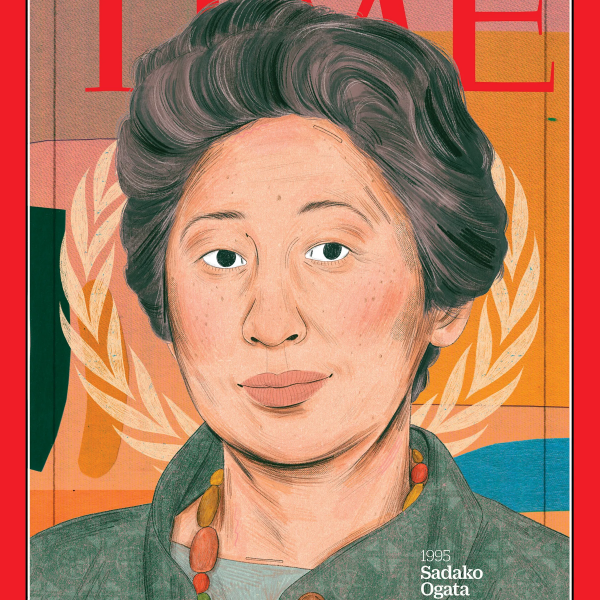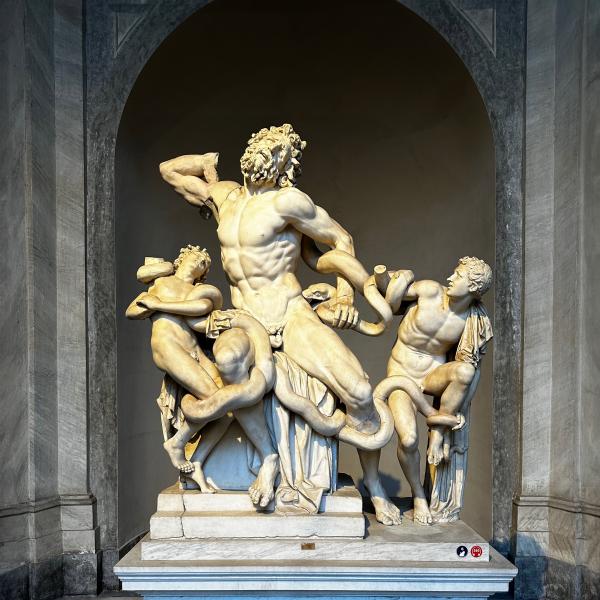Friends: I would like to revisit a point made in class yesterday that high-performance athletics serve as a substitute for war. I challenged this view but think I did not succeed in persuading many people. Let me elaborate why I think this point of view misunderstands both war and sports. It is understandable why this many make this connection: first, people with some knowledge of sports culture in Ancient Greece know that soldiers did participate in sports and felt it was good training for the sort of skills one needed for war. This was particularly true for Sparta, less so for Athens. (It must be remembered, of course, that all able-bodied citizens were expected to be able to defend their city-state in the time of crisis or invasion, not just professional soldiers.) But almost immediately with the establishment of the Greek Olympic Games, athletes took on a separate social and class status from soldiers. Athletes evolved into their own social and professional class and received recognition for their performances as athletes that had nothing to do with anything connected to the military. Athletics became valued in their own right and many of the great athletes of Ancient Greece were only athletes and nothing else besides. (There is much written evidence about warnings given to young athletes about what they should do to prepare for life when their days of athletic glory ended, not unlike the sort of thing we tell athletes today. There would be no need for such warnings if these athletes were soldiers. ) Gladiators in Ancient Rome were rarely anything other than gladiators and lived on the glory of their names when their fighting days were over. (Of course, most of them never made it to retirement, dying in the course of performing in the great Roman circuses.)
Second, some confusion has arisen because the modern Olympics, started in 1896, emphasized how modern athletics could be a substitute for war. Of course, this has not turned out to be the case. Some of the worst wars in human history occurred after the launching of the modern Olympic movement. So, human beings obviously do not think that athletics have much to do with war. What the modern Olympic movement did provide was a platform for the expression of nationalism which has not always been constructive. But if it is to be argued that nationalism is the root of war, then this outlet through athletics clearly has not be a suitable substitute for war. It must be remembered that the objectives of war and the objectives of athletics are entirely different. War is not simply a matter of group of wishing to prove its army is better than another’s. This would be that war is nothing more than an expression of competition. Such logic would mean that all competition is a state of war, from armies fighting to businesses competing for markets and customers to artists trying to win grants. It does not help us to understand these various manifestations of competition by reducing them to being metaphors for war. Moreover, war is more often driven by economic and political reasons involving conquest, expansion, and treasure. The performance of sports, to be sure, highly competitive, is not driven by these other factors. Athletes want money for what they do but so artists, teachers, and policemen. No one says that their desire for money is similar to that of soldiers during a war. An athlete may wish to show that he or she is better than another athlete but that does not mean he or she feels entitled to rule the defeated athlete or to take his salary or to occupy his home, or to change the rules of governance to favor the victor, which is what defeat frequently means in war. So this is, in short, why I think that it is a fundamental flaw to compare athletics to war. It distorts the meaning of both war and sports while bring no clarity of understanding to either.
-- Gerald Early




